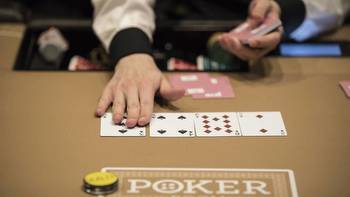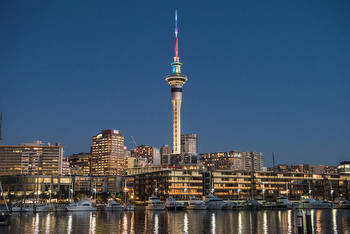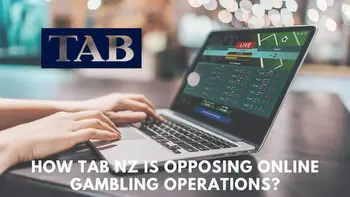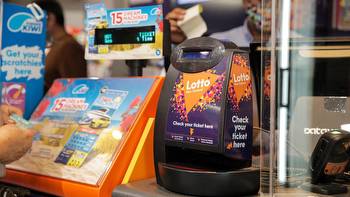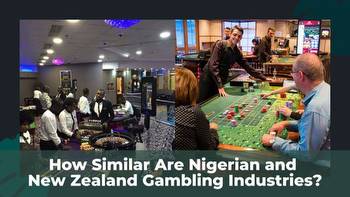Online Gambling 'Aggressively' Targeting New Zealand
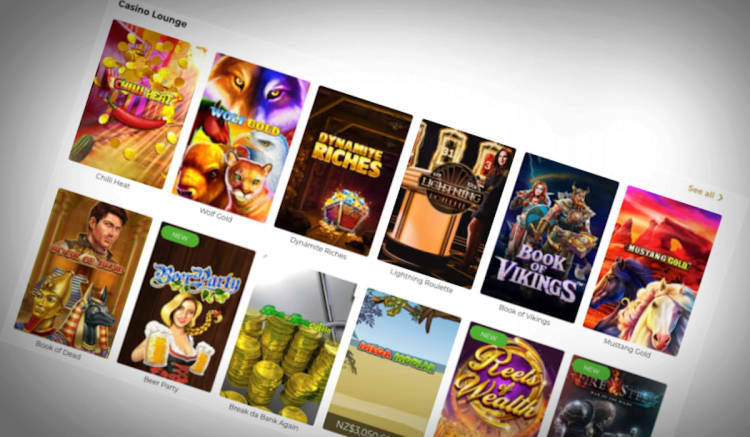
A lack of regulation has made New Zealand an easy target for online gambling providers, with estimated spending increasing from $139.3m in 2014 to $332.6m in 2020
New Zealand’s unregulated online gambling space is expected to hit $600 million by 2025 if the Government doesn’t step in to stem “aggressive targeting” from offshore providers.
Late last month, Christchurch Casino announced it would launch an online gambling site out of Malta. Christchurch’s offering will be the second New Zealand-owned, Malta-operated online casino, following SkyCity’s product which launched in 2019.
Both casinos opted to launch their products out of Malta because (outside of Lotto and TAB) it is illegal to provide online gambling services in New Zealand, but legal to gamble on offshore websites.
The offshore websites targeting New Zealand are not subject to New Zealand laws, regulations or taxes, though they aren’t allowed to advertise.
According to research carried out by consultancy firm Regulus for SkyCity, conservative estimates placed total online gambling revenue as having increased from $139.3m to $332.6m between 2014 and 2020.
The increase represents a compounded annual growth rate of 15.6 percent. The largest single increases in estimated revenue take were in 2018 when it rose 18.2 percent and in 2020 when it jumped 33.5 percent.
The massive uptick in 2020 aligns with SkyCity’s online casino gaining traction and the beginning of the pandemic.
The market is worth an estimated $350m in 2022 and is expected to hit above $600m in 2025 the way things are going.
New York Stock Exchange Listed Super Group’s Jackpot City is the largest operator in New Zealand by far, followed by Flutter Entertainment
Wild West
The Department of Internal Affairs undertook a review of online gambling in New Zealand in 2019, but work on this has since stalled, at least publicly.
Minister of the Department of Internal Affairs Jan Tinetti was out of the country and unable to respond to questions, but the ministry itself said the review was still under active consideration and it was expected Cabinet would consider proposals by the end of the year.
National’s internal affairs spokesperson Todd Muller said it was an area he was looking at, but not one he had raised within caucus as he was waiting for Tinetti’s review.
“Let's see what she ultimately delivers. For some reason, she seems to be taking forever to get around to a concluding view.
“From a first glance, this looks a bit like the Wild West. Anybody can essentially establish themselves as providing online gambling opportunities and to me that seems incongruous with the far more regulated approach that we have with all other onshore gambling, be it in the casino context or even pokies.”
A Department of Internal Affairs spokesperson said the lack of regulation limited government influence over the online gambling market for New Zealanders.
“This means, for example, that operators currently cannot be held accountable for any oversight or disregard of harm minimisation measures. Legislation would be required to ensure Government oversight of the online gambling market.”
The 2019 discussion document released by the DIA said when the Gambling Act 2003 was being developed, internet technology was a work in progress and smartphones didn’t exist. “Lawmakers couldn’t foresee the way that gambling would develop online 16 years on”.
The document outlined four options, including maintaining the status quo, extending the services TAB and Lotto could offer, licensing domestic operators and licensing both domestic and overseas operators.
In Europe, 21 countries have regulated online gambling since 2001, nine of these since 2016. Almost half the American states have passed online betting regulation since 2018.
Outside of potentially securing a greater market share, SkyCity, lobbying for regulation since 2016, seems an unlikely advocate for greater oversight.
Last grey market
A SkyCity spokesperson said as one of the last remaining “grey markets” and with widespread regulation around the world, online brands were increasingly, aggressively targeting customers in “grey” markets with no barriers and taxation such as New Zealand.
The casino operator pays tax on its Malta earnings and says it abides by host responsibility/harm minimisation standards and is seeking a level playing field for others.
“SkyCity supports the taxation of the online gaming market. Currently, the unregulated supply of online gambling contributes nothing to the community either in taxes, levies, or other benefits.”
It believes regulation, including appropriate marketing controls, would deliver around $1 billion in tax, safe gambling levies, jobs and community contributions over a decade, as well as slowing growth.
SkyCity’s four New Zealand casinos paid $1.152b in tax over the past 10 years.
The Problem Gambling Foundation chief executive Paula Snowden also supports regulation of the space, unsurprisingly much more tightly than SkyCity.
“We know why SkyCity and now Christchurch Casino want an offshore offering, it's because they're competing for the gambling market.
“Just because the online environment is so porous, and you plug a hole here and then it pops up somewhere else, doesn't mean you shouldn't try and do something with the things you can control.
"That's what we would say to the regulator, at least try where you've got some ability to control, otherwise you're just throwing your hands up and saying, 'Oh, we can't do anything'. Well actually we can do something and let's do those small things well, it's better than nothing.”









